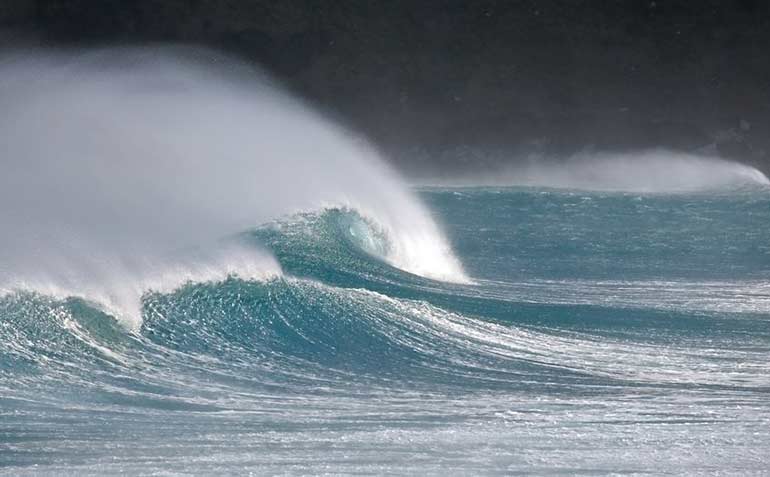Oceans could start emitting previously absorbed CFCs
17th March 2021
USA: A new study predicts that the oceans will start emitting ozone-depleting CFCs by the middle of next century.
The world’s oceans are a vast repository for gases including ozone-depleting CFCs. They absorb these gases from the atmosphere and draw them down to the deep, where they can remain sequestered for centuries and more.
Marine CFCs have long been used as tracers to study ocean currents, but their impact on atmospheric concentrations was assumed to be negligible. Now, a team from MIT has found that the oceanic fluxes do in fact affect atmospheric concentrations, at least in the case of CFC11 – a gas once widely used as a refrigerant in air conditioning and refrigeration systems prior to phase out under the Montreal Protocol.
In a study published in the Proceedings of the National Academy of Sciences, the MIT researchers predict that the global ocean is set to reverse its longtime role as a sink for the potent ozone-depleting chemical.
The researchers project that by the year 2075, the oceans will emit more CFC11 back into the atmosphere than they absorb, emitting detectable amounts of the chemical by 2130. Further, with increasing climate change, this shift will occur 10 years earlier, they maintain.
“Generally, a colder ocean will absorb more CFCs,” explained MIT graduate and team member Peidong Wang. “When climate change warms the ocean, it becomes a weaker reservoir and will also outgas a little faster.”
Co-author Dr Susan Solomon, the Lee and Geraldine Martin professor of environmental studies in MIT’s Department of Earth, Atmospheric and Planetary Sciences, added: “Even if there were no climate change, as CFCs decay in the atmosphere, eventually the ocean has too much relative to the atmosphere, and it will come back out. Climate change, we think, will make that happen even sooner, but the switch is not dependent on climate change.
“By the time you get to the first half of the 22nd century, you’ll have enough of a flux coming out of the ocean that it might look like someone is cheating on the Montreal Protocol, but instead, it could just be what’s coming out of the ocean
“It’s an interesting prediction and hopefully will help future researchers avoid getting confused about what’s going on,” she added.







